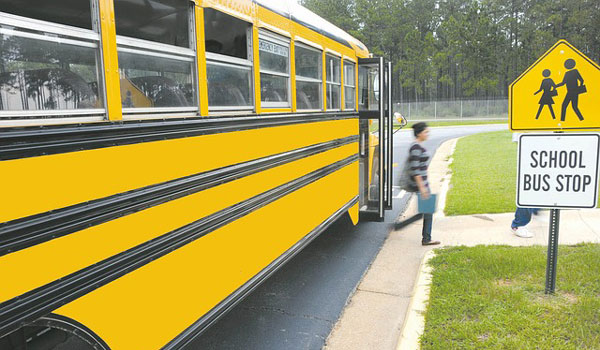Society assumes crunchy moms home school, but each crunchy mom is “crunchy” in her own ways. While I’m working on making many improvements in our home, I still believe in the mainstream education system.
- Finances. Seven years on one income is hard enough, so adding on many more years of educating my children at home is not ideal.
- Distance and frustration. Sometimes, I am too close to the situation. I love my children so much and am so invested in them that I become too emotionally involved, and my kids can feel that pressure when I work with them. I am glad that a professional adult can share the load for my family and community.
- Socialization. My husband and I both value the social aspects of traditional schooling including wider opportunities for being part of a team and encountering diverse peoples.
- Parents instill in their children the value of education. In my experience as a teacher, student, and community member, it is parents passing on their value for education that makes for student success, and those values don’t change if students learn in or outside the home.
- Public does not equate parent non-involvement. On the contrary, parents must be involved. This document from Michigan Department of Education presents supporting facts. Teachers and parents should work together. Furthermore, when you send your child to school, you should still teach at home. Read together, take field trips, preform experiments, share alternate view points.
- Public does not equal standardized. A curriculum is different than standardization; instruction should be differentiated and personal. I believe in public education, not standardization. I don’t want anyone to dictate the details of my classroom nor do I want my children’s teachers reading from a script. (Oh, and “standards based” doesn’t equate “standardized” either, but that’s a topic for another day!).
- Teachers are educated professionals answering the call of a vocation. Lets face it, not every one was cut out to be a teacher. While parents are their child’s first teacher, they don’t need to be their only teacher. Furthermore, even with a master’s in literacy education, an elementary teacher is more knowledgeable about teaching my child how to read. And I don’t have the first idea on the best practices for teaching my child basic math. Meanwhile, I’m an educated professional excited to return to teaching the topics and age group for which I’m trained. I couldn’t share my expertise with the community if I were learning as I go at home with my own kids.
- “A rising tide lifts all boats.” When you advocate for your child, you advocate for the community. If something is necessary for my child’s learning, then it should be available for your child, too.
Aspects of public school remain that scare me, especially since I live in a city with some real cultural and poverty issues. But, if I kept my kids home, what would I be teaching them? To avoid social problems, rather than try to understand and solve them? That those who are different from us are undesirable and should be avoided rather than welcomed and understood? Since I don’t feel my children’s immediate safety is endangered, I would rather them go out into the world and learn about its problems, and then return to the safe harbor of our home.

